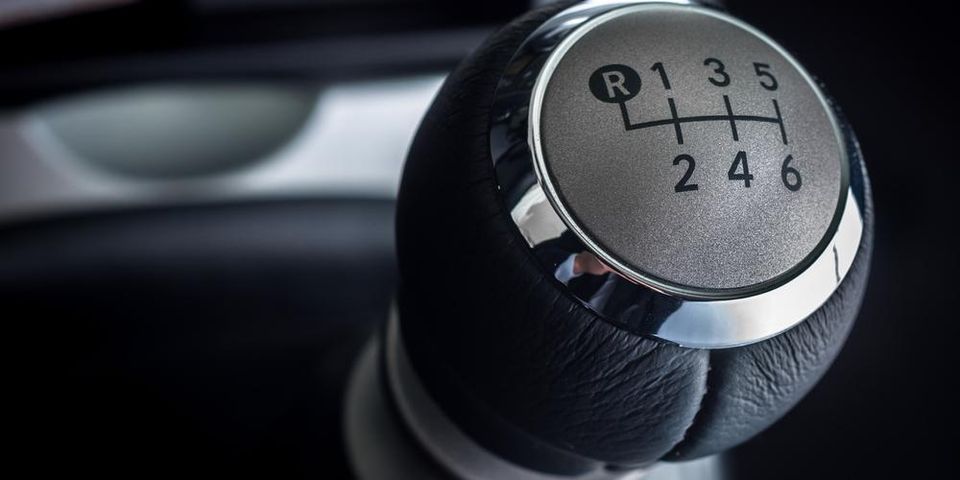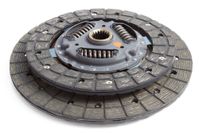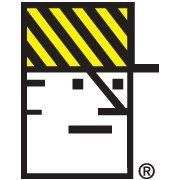Everything You Should Know About Your Clutch

If you drive a manual transmission, you probably know how to use the clutch to change gears. But, do you know how that critical component actually works, or how to tell if you need clutch repairs? Understanding what a manual clutch does, whether you have one, and how to detect the signs of potential failure can help you avoid inconvenient problems down the road.
How Does a Clutch Work?
The clutch transfers rotary power from the engine to the transmission. There are a few varieties, but the most common types consist of a round plate covered in high-friction material, like carbon or ceramic. When it’s engaged, springs press the clutch against the flywheel so they both spin together.
Pressure on the pedal releases the tension, allowing the clutch to separate from the flywheel and disengaging the transmission from the engine. Once you’ve shifted gears, the springs press the clutch back against the flywheel, reconnecting the engine and the wheels.
Does My Vehicle Have a Clutch?
 Every manual transmission has a clutch. In the U.S., however, most vehicles are automatics, which use a torque converter to transfer power from the engine to the wheels. Instead of friction plates, the torque converter relies on the movement of fluid inside the part to get the transmission shaft moving.
Every manual transmission has a clutch. In the U.S., however, most vehicles are automatics, which use a torque converter to transfer power from the engine to the wheels. Instead of friction plates, the torque converter relies on the movement of fluid inside the part to get the transmission shaft moving.
What Are Some Common Signs You Need Clutch Repairs?
As your clutch wears down, you might notice the pedal feeling soft or slipping between gears. The friction material on the surface may also start to erode, creating a strong burning odor you can smell from inside the vehicle. If your car isn’t going into gear smoothly, you should have the transmission checked out by a clutch repair expert immediately.
If you need a clutch repair or a whole gearbox rebuilt, turn to the experts at Mr. Transmission in Cincinnati, OH. For 15 years, their experienced technicians have been providing reliable transmission work on any make or model of vehicle, backed by a nationwide warranty. Visit their website for more on their services, follow their Facebook for more car care tips, and call (513) 769-3111 now to make an appointment with the city’s best transmission shop.
About the Business
Have a question? Ask the experts!
Send your question

